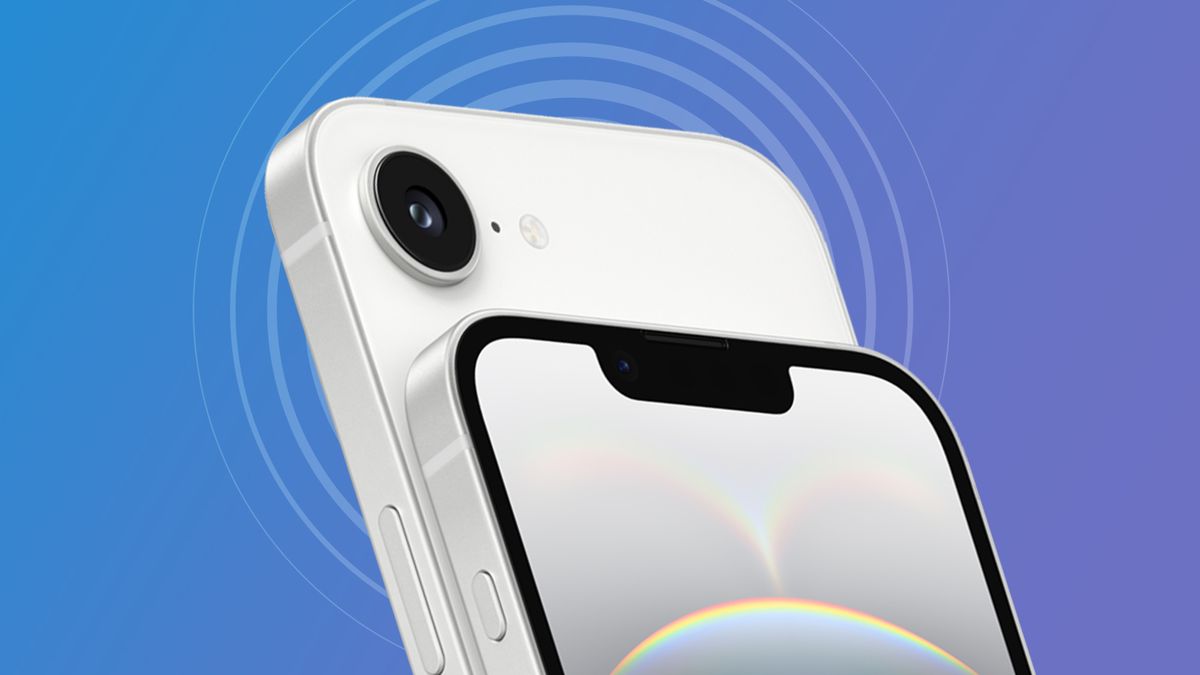SpaceX, Apple Clash: The Future of Satellite Tech?
The seemingly disparate worlds of space exploration and consumer electronics are colliding, and the clash between SpaceX and Apple is shaping the future of satellite technology. While not a direct, head-to-head battle in the traditional sense, the competition for talent, resources, and ultimately, market dominance in the burgeoning satellite internet and related services sector is heating up. This article explores the current landscape, highlighting the strategies of both giants and speculating on the potential outcomes.
SpaceX's Ambitious Vision:
SpaceX, under the visionary leadership of Elon Musk, has already made significant strides in the satellite internet arena with its Starlink constellation. This network of thousands of low-Earth orbit (LEO) satellites aims to provide high-speed internet access globally, even in remote areas previously underserved. Their strategy focuses on:
- Massive Scale: Starlink's sheer number of satellites allows for significantly broader coverage and lower latency compared to traditional geostationary satellites.
- Technological Innovation: SpaceX continuously iterates on its satellite design and launch capabilities, driving down costs and improving performance.
- Direct-to-Consumer Approach: By selling directly to consumers, SpaceX bypasses traditional telecommunications providers and retains greater control over its services.
Apple's Calculated Entry:
Apple, while not directly launching its own satellites (yet), is making strategic moves to integrate satellite technology into its existing ecosystem. Recent features in iPhones allow for emergency SOS via satellite, showcasing Apple's interest in leveraging satellite infrastructure. Their approach emphasizes:
- Integration with Existing Products: Apple's focus is on seamlessly integrating satellite technology into its existing product line, enhancing existing features and services.
- Strategic Partnerships: Rather than building its own massive satellite constellation, Apple may opt for partnerships with existing providers like Globalstar, leveraging existing infrastructure.
- User Experience Focus: Apple's strength lies in its user-friendly interface and seamless integration. This approach prioritizes a streamlined and intuitive user experience.
The Stakes are High:
The potential market for satellite internet and related services is enormous. The implications extend beyond simply providing internet access; it could revolutionize:
- Remote Healthcare: Real-time telehealth consultations and remote diagnostics become feasible.
- Precision Agriculture: Farmers can utilize satellite data for precise irrigation and crop monitoring.
- Disaster Response: Satellite communication becomes crucial in disaster areas with limited infrastructure.
- Global Connectivity: Bridging the digital divide and connecting underserved populations worldwide.
Who Will Win?
Predicting the winner is difficult. SpaceX's head start in deploying its satellite constellation gives it a significant advantage in terms of market share. However, Apple's brand recognition, powerful ecosystem, and strategic partnerships could allow it to quickly gain traction in specific market segments. It's likely we'll see a hybrid model emerge, with SpaceX focusing on broad global coverage and Apple focusing on integrating satellite services into its premium products.
The Future is Connected:
The competition between SpaceX and Apple is pushing the boundaries of satellite technology. This innovation will benefit consumers worldwide, leading to increased connectivity, improved services, and a more connected future. The coming years will be crucial in determining the long-term impact of this technological clash. Stay tuned for further developments in this rapidly evolving landscape.
Call to Action: What are your thoughts on the future of satellite technology? Share your predictions in the comments below!

